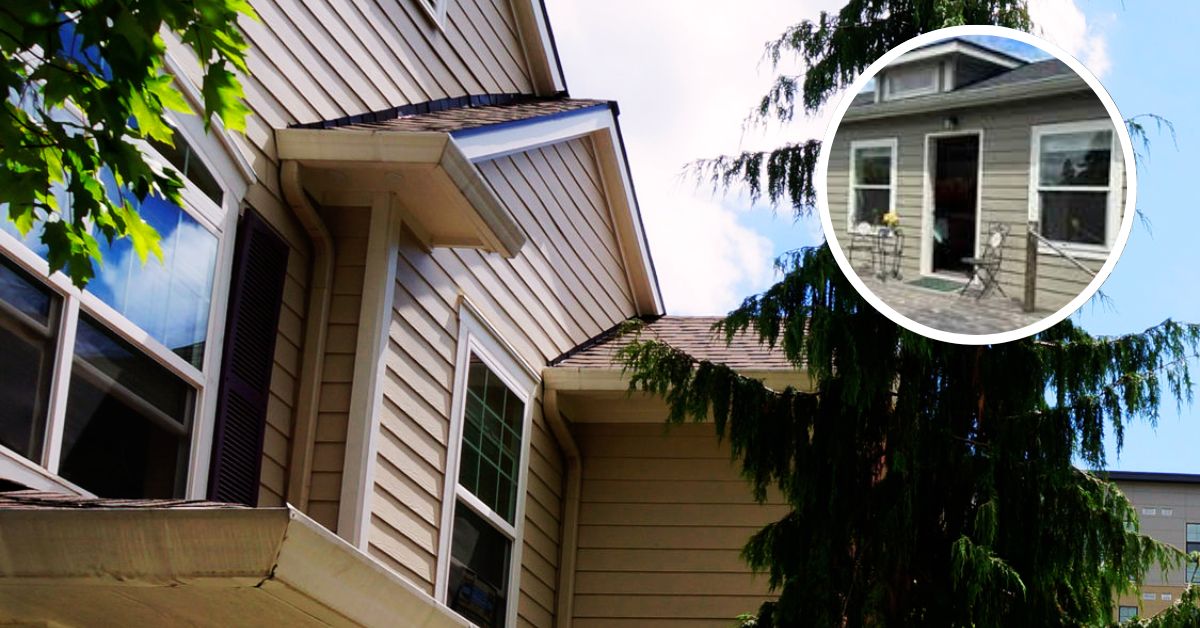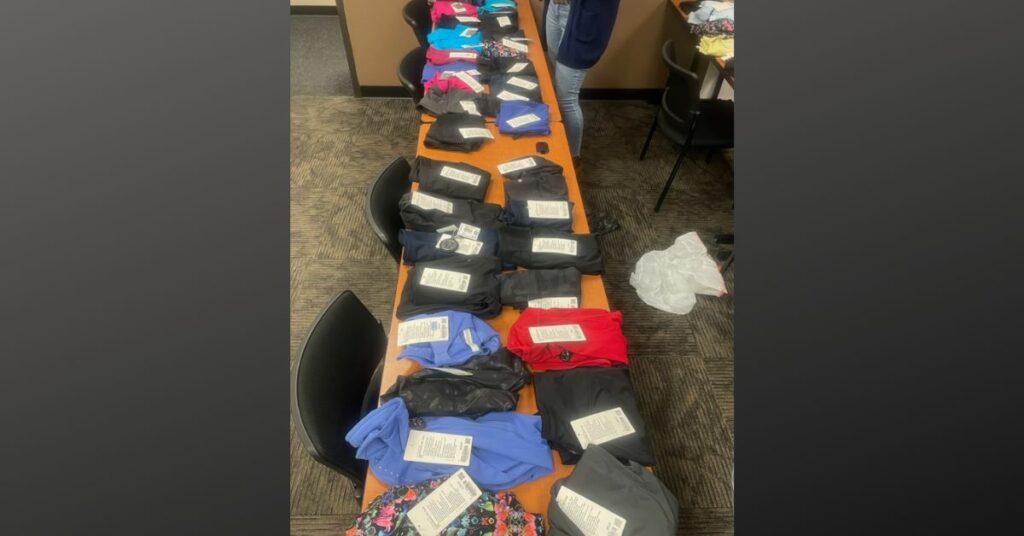What an incredible deal! If residents of Multnomah County, Oregon, would be willing to let a homeless family live in their backyards for the next five years, the county will construct tiny homes at no cost to the residents.
As many as 300 “accessory dwelling units,” or ADUs, were planned to be constructed in Portland backyards as part of the A Place for You initiative.
So, did something happen to the show?
“I think it was all set up to be successful and then the ball got dropped,” said homeowner Martha Chambers. “I’d have to say it was a failure.”
Chambers’ North Portland backyard is the site of the country’s first small house, which was delivered in April 2018. The cottage’s 288 square feet of space included all the furniture. The kitchen, living area, and bedroom are all neatly organized, and there is a private bathroom as well.
Chambers, from within her backyard storage facility, gushed, “They did a really nice job.” Over a thousand homeowners expressed interest in the initiative. The chosen number was 4.
“I thought, ‘Wow! This is a great idea and I get to keep the house at the end,’” Chambers explained.
According to a 2018 report by Multnomah County, the entire budget for construction, planning, and installation was previously projected at $550,000. Depending on the builder, each of the four micro homes ranged in price from $80,000 to $133,000.
The program was supported by grants from the Meyer Memorial Trust, the Joint Office of Homeless Services, and Multnomah County. By the end of summer 2018, the first four families who had been living on the streets finally had a place to call home.
According to Chambers, “The woman who was staying here and her niece were previously living in her truck.”
At first, everything ran smoothly, but eventually, tensions began to rise. Difficult circumstances were already putting strain on relationships between neighbors before the COVID-19 outbreak emerged.
You can also see below the Facebook post that KGW-TV made: Five years ago, Multnomah County came up with a plan to help with homelessness: they would build tiny houses in the backyards of residents.
The family, who had been homeless, left the program after only two years. The apartment in Chambers’s backyard was abandoned for a number of years. Chambers said the program’s organizers provided little in the way of follow-up or support.
“I felt abandoned,” Chambers said.
Complaints were also voiced by other attendees. It was reported by individuals involved in the program that three of the four homeowners had moved out. It’s unclear if those families ever secured permanent housing or went back on the streets.
Five years ago, only one homeowner had a family camping out in his backyard. “The pilot project has the potential to succeed,” said John LaMar.
Since 2018, a father and son have called the ADU in Northeast Portland’s homeowner’s home their home. Following the completion of the program this summer, the family intends to leave.
LaMar argued for stricter program management and regulation. Instead, the responsibility was passed from one organization to the next.
“I wish our county had the foresight to plan and commitment,” said LaMar. Backyard housing initiatives for the homeless have also been conducted in Los Angeles and Seattle. Since 2017, 15 tiny homes in Seattle have been constructed as part of the BLOCK Project.
Seattle homeowners, in contrast to their Portland counterparts, receive no financial benefit from installing a unit in their backyard, and they and their neighbors benefit from a robust support system.
“We really want to foster community by making sure people know that we care about them. We see them,” explained Phoebe Anderson-Kline of the nonprofit Facing Homelessness, which helps coordinate the BLOCK Project. “We want to know what’s working and what’s not.”

Ninety-five percent of program participants, according to BLOCK Project, are still living in their tiny homes or have found new permanent accommodations.
“We’re more than a radical concept. We’re a proven solution with the BLOCK project”, said that the team’s approach was tried and true.
The Multnomah Idea Lab, the county’s policy hub, was the creative force behind the initiative. Local authorities at the time were quite supportive of the plan. Portland Mayor Ted Wheeler praised the plan, calling it “an innovative idea to provide non-shelter alternatives to homelessness.”
Mary Li, director of the Multnomah Idea Lab, told reporters in 2017 that she wanted to construct as many as 300 of the tiny homes in the following year, assuming all went well. Instead, just four completed units were produced under the program.
You will be able to learn more about the area around you with the assistance of the following resources:
- A Man Who Shot at Police in Northeast Portland Was Given a 15-year Term.
- Portland Guy Gets 7 Years for Hit-and-run That Gravely Injured 72-year-old Woman.
- Portland Bans Camping During Daytime From July
“Unfortunately, I don’t have any information to share about the work,” said Li in a recent email to KGW. “The Project was transferred to the Joint Office on Homeless Services several years ago.”
A county spokeswoman said it was turned up to the charity JOIN. The program’s questions were sent to Multnomah County, but the county did not answer.
Recently, Chambers purchased the tiny house after negotiating a fair price with JOIN, the organization that inherited the program. “There was just no follow-through,” she said.
Homeowners claimed they were informed they could keep the tiny houses if they agreed to house a homeless family for five years as part of the original terms of the initiative. In 2018, the county seems to modify its offer by saying the homeowner has the option to purchase the ADU at fair market pricing after five years.
KGW reached out for comment and explanation through email, but the director of JOIN, the organization that inherited the program, did not answer.
In 2017, Multnomah County’s A Place for You initiative received coverage from outlets across the country. At the time, the county was proud to be the first in the country to try housing homeless families in backyards using this technique.
After five years, the pilot initiative has largely fizzled out due to a lack of collaboration among those who had promised radical new approaches to assist the homeless.
In his opinion, “I think it could have been much more successful if there was better follow-through,” Chambers added.
Follow us on Twitter to stay up to date on all the latest news and information concerning Portland.





